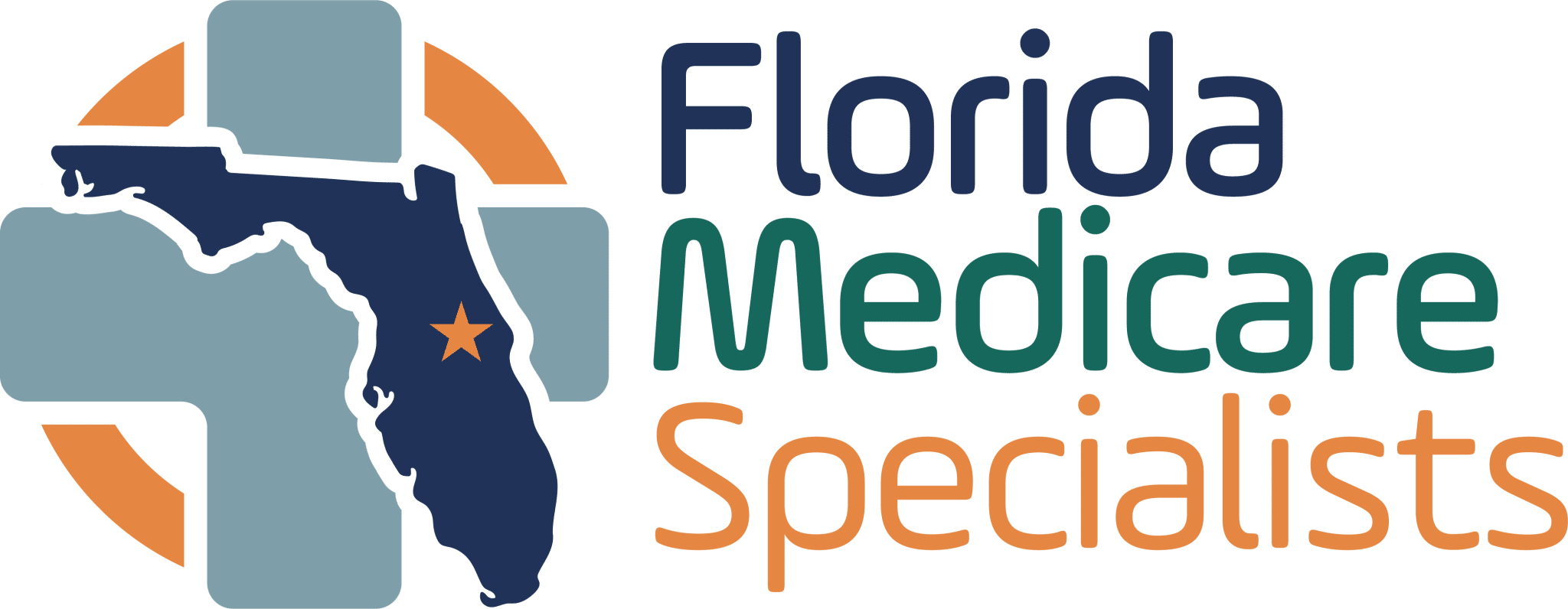Frequently Asked Questions
Three months prior to the month you reach age 65. However, if you are awarded Social Security disability, you will be automatically enrolled in Medicare two years after the date of your disability approval.
If you receive Social Security retirement benefits, you will be automatically enrolled. If you delay Social Security retirement until after you reach age 65 you will need to enroll in Medicare online at the Medicare website (www.medicare.gov), or by visiting the Social Security Office nearest your home.
No. But if you fail to enroll in Medicare when you first become eligible, you may be subject to a penalty and your enrollment may be delayed. However, if you work for an employer who employs more than 20 employees and are enrolled in an employer sponsored group health insurance plan, you are not required to enroll in Medicare when you first become eligible, and you will suffer no penalty or delay in enrollment provided you enroll in Medicare when your enrollment in group health insurance terminates.
It depends on a couple of important points. Nearly everyone qualifies for Part A of Medicare without paying a monthly premium for it. If you qualify for premium free Part A you should enroll in it when you first become eligible for Medicare. If you are enrolled in an employer group health insurance plan when you first become eligible for Medicare, you will probably want to delay enrollment in Part B because you will pay a monthly premium that would not benefit you.
No. Internal Revenue Service rules for HSA’s will not allow you or your employer to contribute to your HSA if you are enrolled in Part A of Medicare. If you or your employer contribute to a HSA while you are enrolled in Part A, the IRS will impose a tax penalty for the period of time you are/were enrolled in Part A. In addition, IRS Rules require that you discontinue contributions six (6) months prior to enrolling in Part A to avoid tax penalties. In planning when to enroll in Part A (and Part B) I strongly advise you to inquire about these rules 12 months in advance of your planned retirement date. Violation of these rules will likely result in tax penalties.
It is part of Original Medicare. Part A covers: 1) hospital bills, 2) Skilled Nursing Facilities, 3) Home HealthCare, and 4) Hospice Care.
It is part of Original Medicare: Part B covers a long list of medical services and treatments. Essentially, Part B covers medical services and treatments that you receive as an “outpatient.” A good way to think of Part B is it is a “major medical plan,” except for those things covered by Part A.
For most people the answer is no. If you, or your spouse, have worked for at least 10 years and paid Medicare taxes through your payroll, Part A will be premium free. If you, or your spouse have not worked for at least 10 years and paid Medicare taxes through your payroll you may be required to pay a monthly premium.
Yes. For most people the Part B premium is $174.70 per month (2024) and every year the Part B premium is subject to increase. For those Americans who earn a higher income the Part B premium may be increased by the Income Related Monthly Adjustment (IRMA). The IRMA begins if your Adjusted Gross Income on your 2021 tax return is in excess of $97,000 for a single person or $194,000 for a married couple.
Yes. In 2006 Congress enacted Part D of Medicare to provide coverage for prescriptions.
Yes, unless you are enrolled in an employer group health insurance plan that includes coverage for prescriptions that is equal to or greater than Medicare Part D prescription coverage. However, once you retire and no longer are enrolled in an employer group health plan that includes prescription coverage you must enroll in a Part D plan, or a penalty will begin to accumulate. (See next Q & A)
Yes. For each month past the month you reach age 65 that you are not enrolled in a group health insurance plan that includes prescription coverage equal to or greater than Medicare required prescription coverage you will accrue a penalty. That penalty will never go away. It is very important that you understand this penalty.
Yes. All standalone Part D plans charge a monthly premium. The range in premium can be dramatic. Generally, Part D plans marketed by larger companies have lower premiums because of the “buying power” of the large companies. Each year you should plan to “shop” your plan to make certain you have the best plan for the premium you will pay.
The “donut hole” is a gap, or a hole, in all Part D prescription plans. The donut hole significantly changes the cost of each prescription you purchase with your Part D plan each year when you reach it. Each year Medicare will establish the total cost of prescription drugs that will cause you to enter the donut hole. In 2024 that total is $5,030. It is very important that a knowledgeable person explains the donut hole to you. It is too difficult a subject to explain in a FAQ.
Medicare is a great and comprehensive healthcare plan. Consequently, it can be difficult to understand. If you need clarification to any question addressed in this FAQ, or if you other questions with which you need help, I invite you to call or email me for answers.
I promise to answer any questions completely and honestly. Furthermore, I will not try to “sell” you anything or ask for an appointment to sell you anything when you call with questions. I want you to know that you can get help without a salesman bothering you. However, I am licensed by the State of Florida to enroll you if you wish, but you will need to make that clear to me.
– Ken Brown
(407) 497-6287



